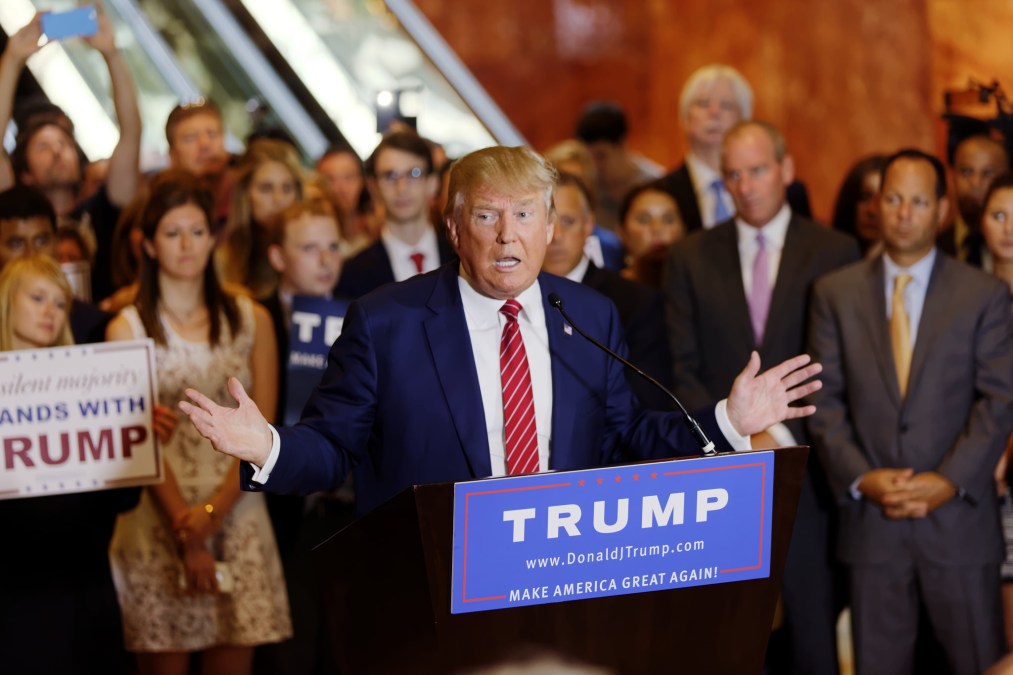Trump’s White House: cyberweapons development is a ‘priority’

President Donald Trump will prioritize the development of “offensive cyber capabilities,” offering new resources to U.S. Cyber Command to “safeguard our national security secrets and systems,” according to newly published information on the White House website.
The whitehouse.gov domain changed hands this week in preparation for the inauguration ceremony. The site now offers different online content and information about Trump’s policy priorities — which include building up the military, bringing industrial jobs back to the country and establishing advantageous trade deals, among other things.
“Cyberwarfare is an emerging battlefield, and we must take every measure to safeguard our national security secrets and systems. We will make it a priority to develop defensive and offensive cyber capabilities at our U.S. Cyber Command, and recruit the best and brightest Americans to serve in this crucial area,” the White House website reads.
This is not the first time Trump has called for the increased development of offensive cybersecurity capabilities.
“I will make certain that our military is the best in the world in both cyber offense and defense,” Trump said in a speech at a Retired American Warriors event on Oct. 3. “Today is just the beginning of a long and overdue national discussion of how to … develop the cyber offense strategies necessary to gain a critical security edge in the 21st century.”
Trump’s plan to bolster U.S. cyber-based weapons remains unclear. On the White House’s foreign policy page, it says the Trump administration will “engage in cyberwarfare to disrupt and disable [terrorist] propaganda and recruiting.” During the campaign race, he downplayed the U.S.’ ability to wage cyber warfare compared to other nations.
“First off, we’re so obsolete in cyber. We’re the ones that sort of were very much involved with the creation, but we’re so obsolete,” Trump said in a March interview with The New York Times. “You can take out, you can make countries nonfunctioning with a strong use of cyber. I don’t think we’re there. I don’t think we’re as advanced as other countries are.”
In late December, Trump named Thomas Bossert, a former deputy national security adviser to President George W. Bush, as his homeland security adviser. While working in the Bush administration, Bossert also served as the White House’s director of infrastructure protection policy — a leadership position that helps organizes, across multiple federal agencies, the security of U.S. critical infrastructure, including major transit and communication systems.
At the moment, Bossert is the most senior adviser to Trump with direct experience handling matters of cybersecurity.





